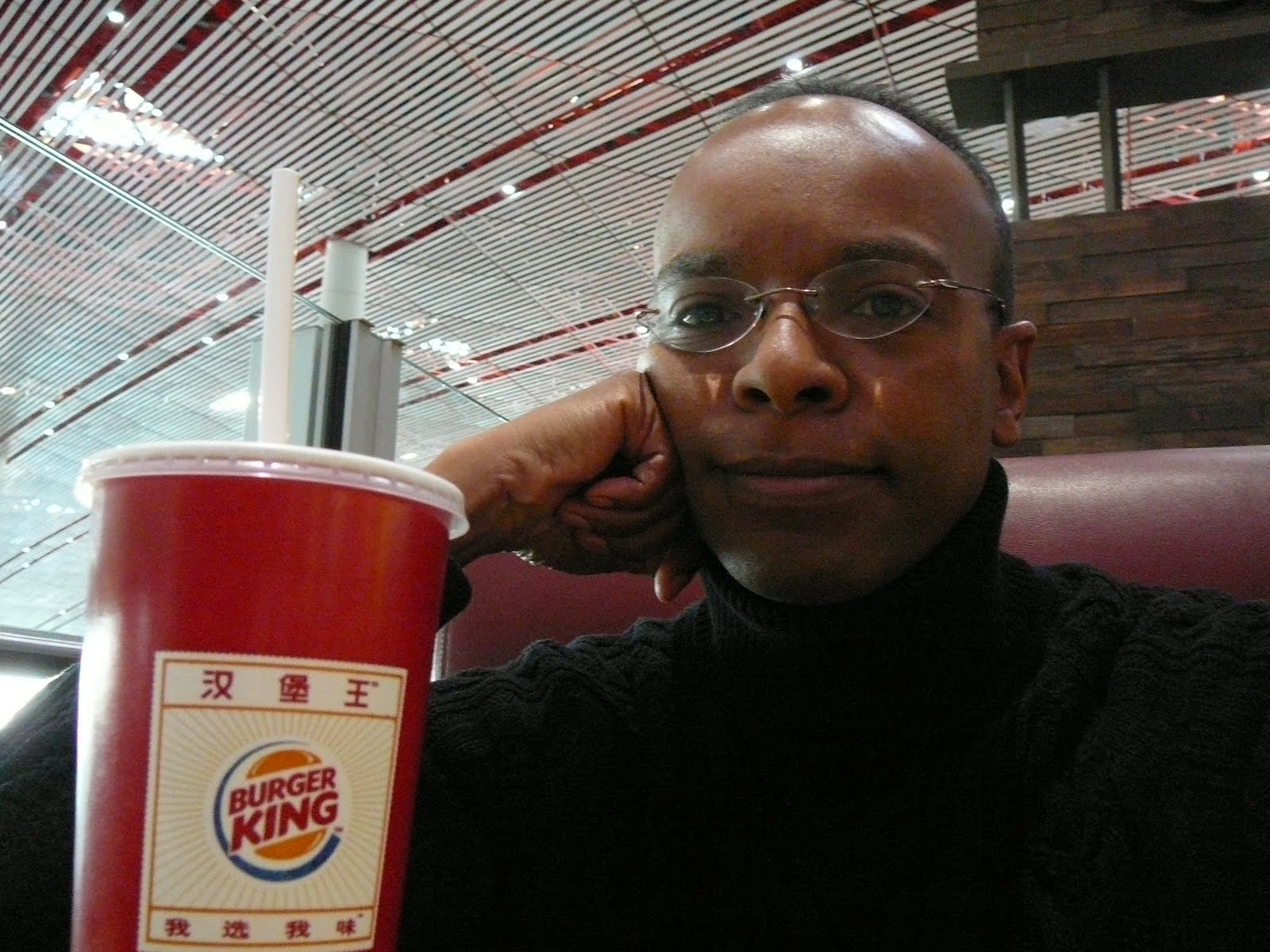
It is hard to believe that when I chose to come to China a few years ago, I actually had the option of spending my Far East experience in Japan instead. I even went as far as to learn basic Japanese language skills and became endeared to that country's culture and history. In fact, while factoring-through my decision to come to Beijing, I made the mistake of considering Japan and China as similar in a lot of ways: I thought China was a modern, technologically-advancing, economic powerhouse with cities filled with skyscrapers and people busily moving into the 22nd century.
Living in America, so far away from the region, causes you to think these things. Of course, it turned out that the two countries could not be more different in every respect, and China was more like the Flintstones than the Jetsons.
I could have understood it sooner by looking at the recent history between China and Japan. The imperial Japanese of the early 20th century took over China in a brutal occupation, a fact that today's Chinese will never forget. But then, after Japan was beaten in World War II, the country rebuilt itself into a world-leader in business and economics, something that China could have done if it wasn't for its political system, its huge and fractious population, and its failure to open up to the rest of the world.
But it goes a lot deeper than that. The Japanese are simply a kind, humble people. They seem to value kinship and sacrifice. They are even polite when they crowd each other onto subway trains. They are friendly to foreign investment. Their bullet trains don't crash into ravines.
In short, Japan seems to be everything that mainland China is not. There are no hip Chinese kids getting their radical fashion groove on in the flashy shopping districts. There are no unbearably cute Chinese television programs featuring young female pop singers. There are no cosplaying people randomly performing on the urban sidewalks. There are no computer scientists inventing robots to help the elderly live a better life.
In the end, of course, it will all come full circle. Japan's work force continues to shrink; its birth rate keeps falling, and its elderly population is growing fast. It has newfound qualms about high technology and nuclear energy. China is destined to take over as the region's dominant nation.
It all just points to the obvious fact that China is not Japan. And don't get me started comparing it to South Korea.
















